Enhancing vocabulary Normal Science Worksheets for Ages 5-7
6 filtered results
-
From - To
Explore our "Enhancing Vocabulary Normal Science Worksheets" designed specifically for children ages 5-7. These engaging worksheets aim to boost your child's vocabulary while introducing essential science concepts. Incorporating colorful illustrations and age-appropriate language, our resources make learning enjoyable and effective. Each worksheet is crafted to encourage critical thinking and foster a love for science through interactive activities. By improving vocabulary within a scientific context, children build a strong foundation for their educational journey. Ideal for home or classroom use, these worksheets support comprehensive learning in a fun-filled environment. Start enriching your child’s vocabulary and curiosity today!
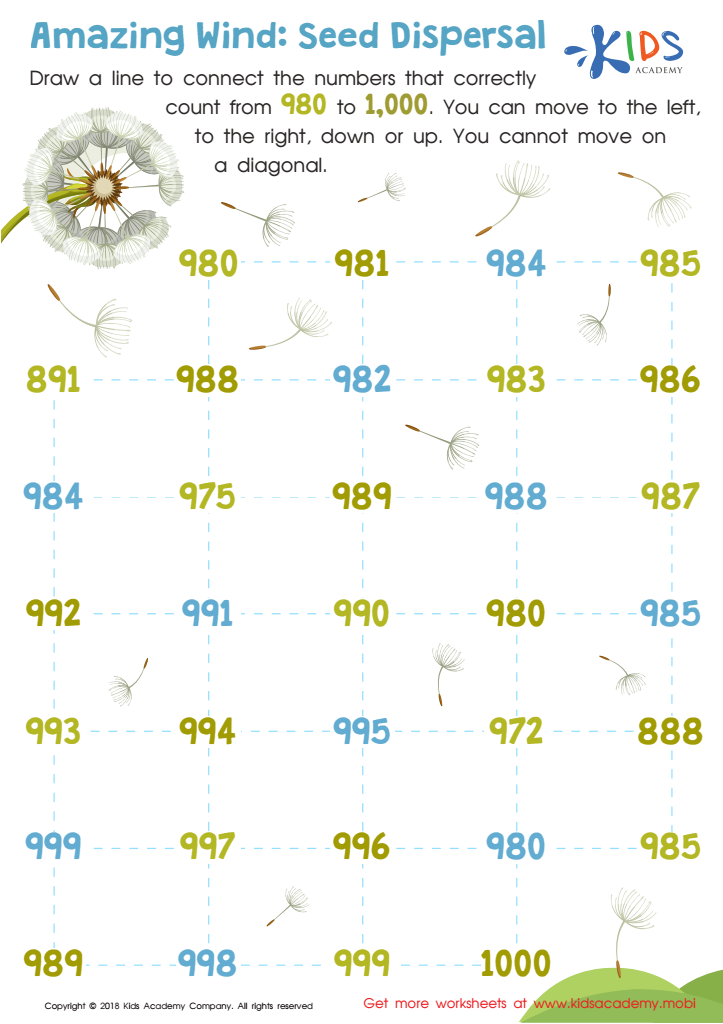

Amazing Wind: Seed Dispersal Worksheet
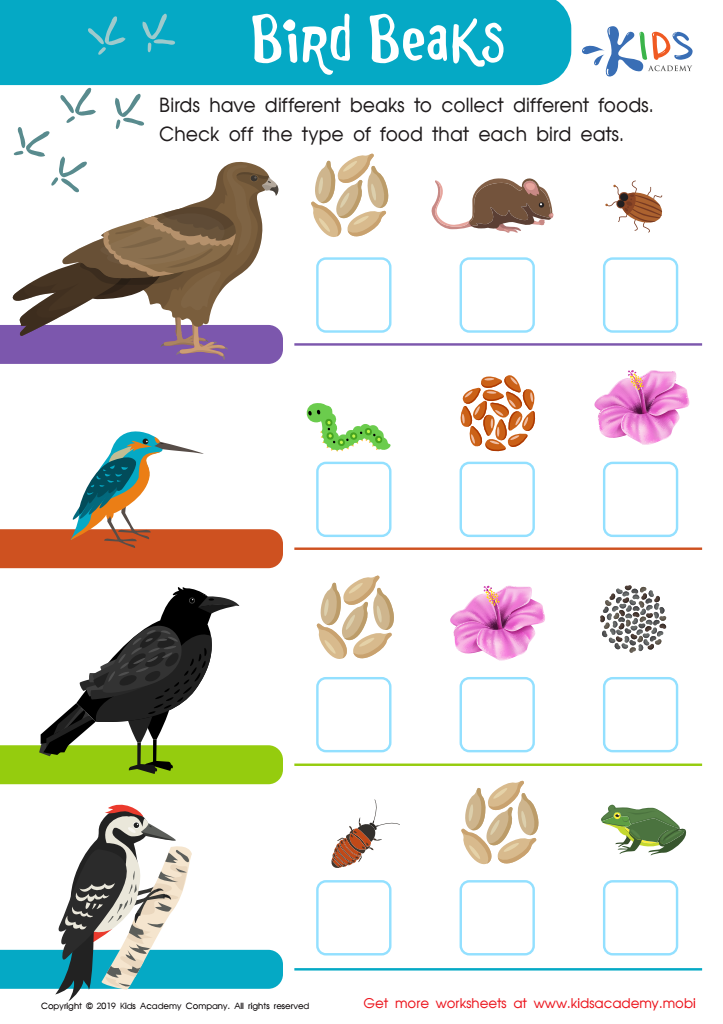

Bird Beaks Worksheet
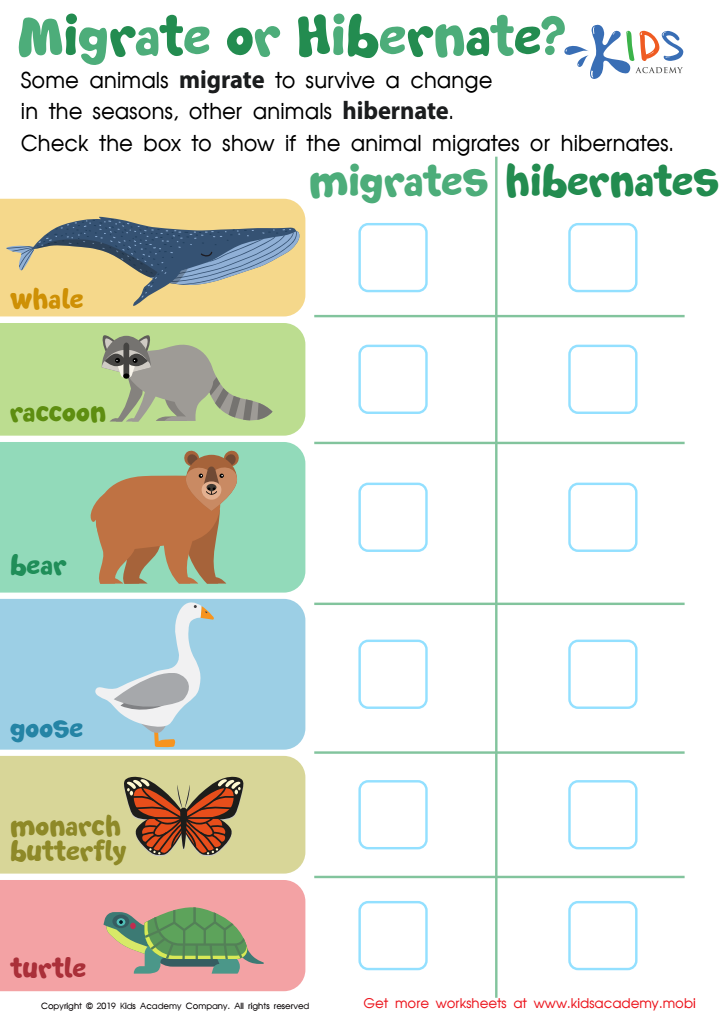

Migrate or Hibernate? Worksheet
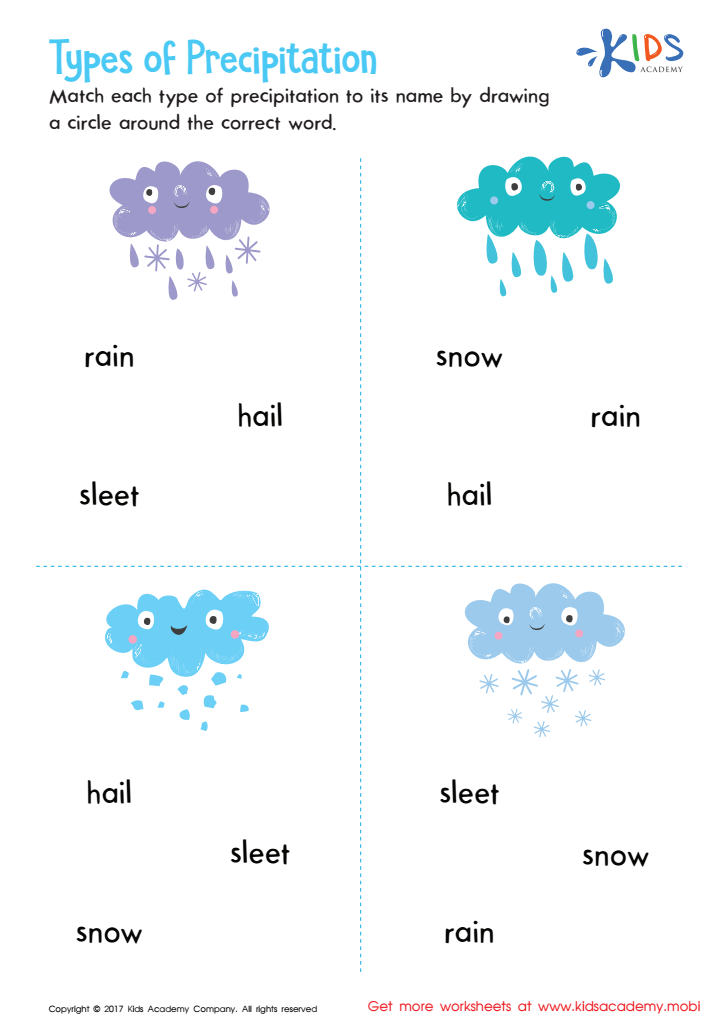

Types of Precipitation Printable
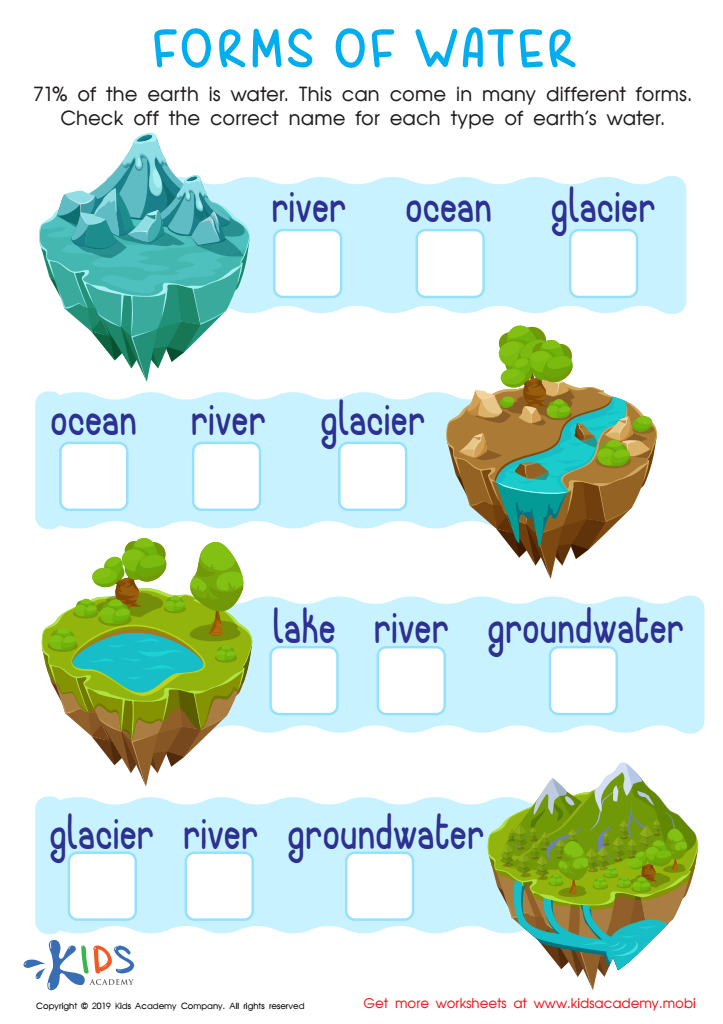

Forms of Water Worksheet
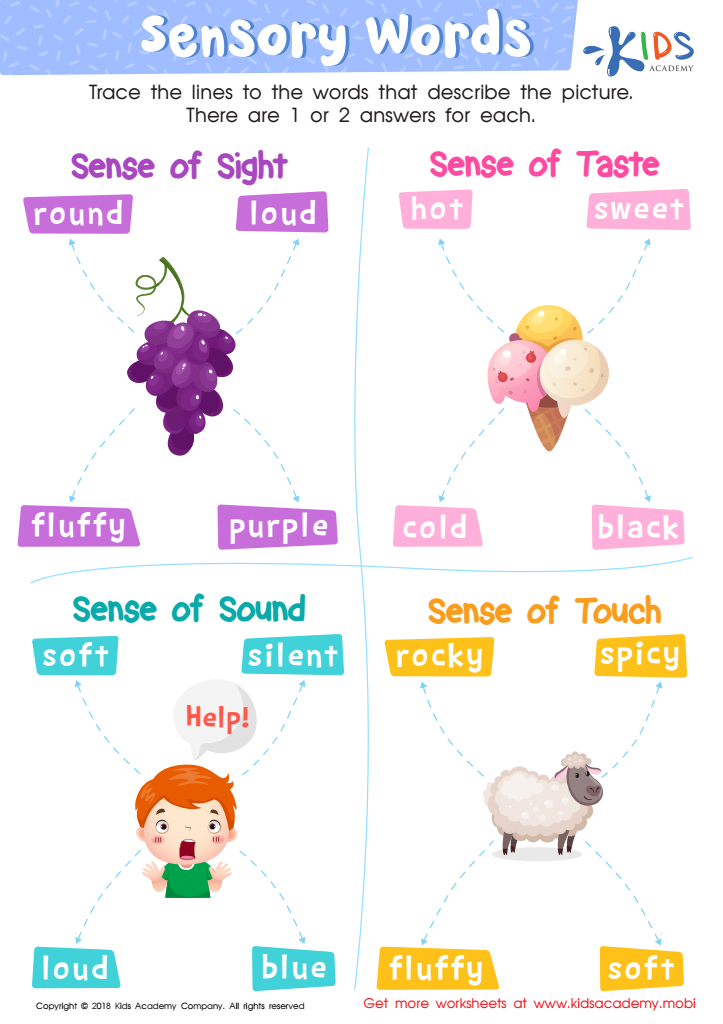

Sensory Words Worksheet
Enhancing vocabulary in normal science for children aged 5-7 is critical for their cognitive and academic development. At this stage, children are naturally curious about the world around them. By introducing them to scientific terminology relevant to their everyday experiences, parents and teachers can cultivate not only their vocabulary but also their critical thinking skills.
Children who develop a strong science vocabulary are better equipped to grasp complex concepts later in their education. They learn to articulate their fears and wonders about the environment, health, and physical systems, fostering a genuine interest in science. This foundational knowledge helps build self-esteem, as children become more confident in discussing scientific ideas with peers and adults.
Additionally, mastering vocabulary enhances literacy skills. Children become more effective readers and communicators, as they can connect words to concepts and inquiry. Moreover, young learners perform better in STEM subjects when they understand related vocabulary, setting a positive trajectory for their academic future.
Encouraging science vocabulary not only prepares children for formal education but also promotes a lifelong love of learning. Parents and educators play a vital role in nurturing this interest, ensuring that future generations can tackle the challenges of a rapidly evolving world.

 Assign to My Students
Assign to My Students


.jpg)

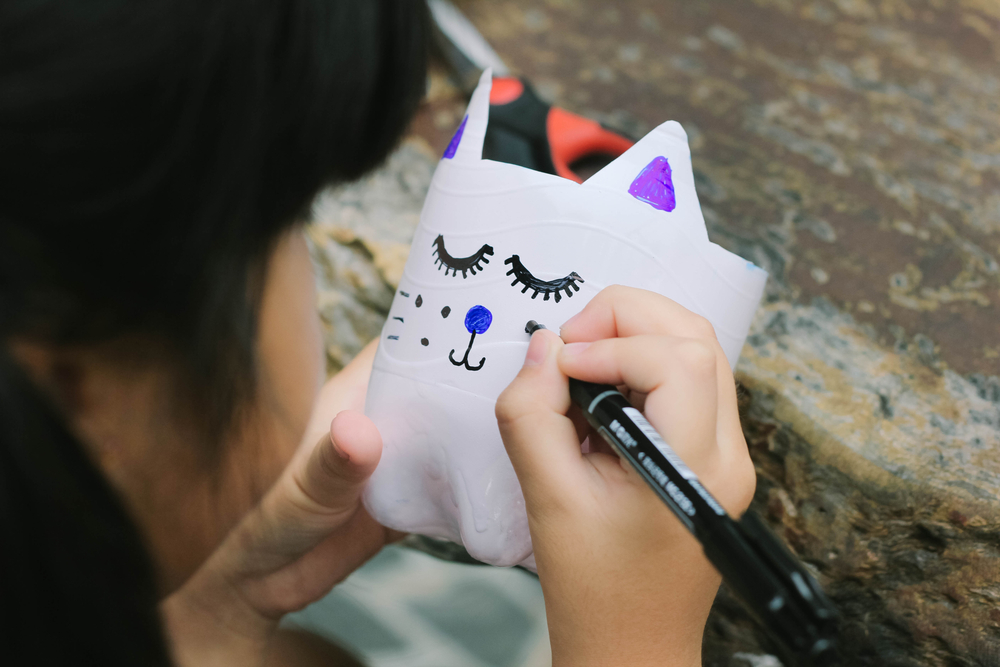


.jpg)







